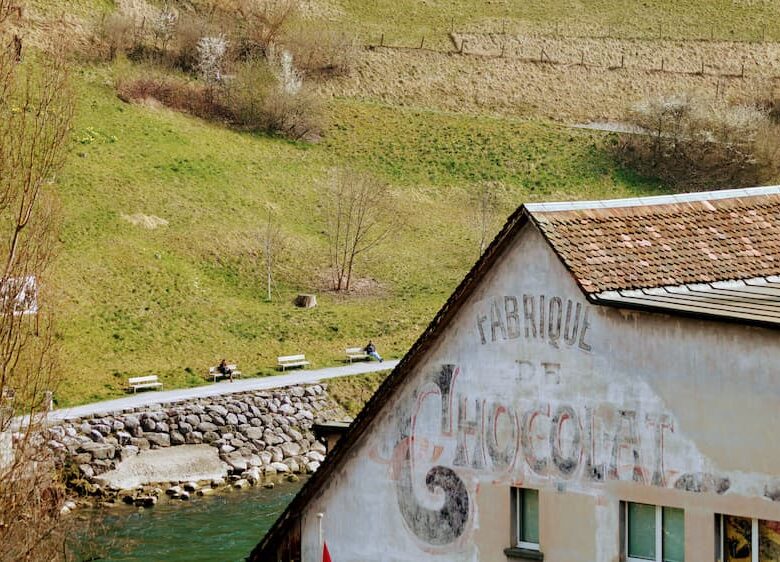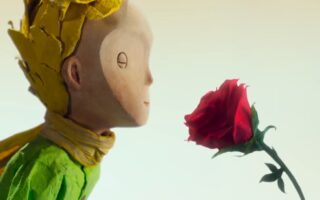“Charlie and the Chocolate Factory” is a children’s novel written by Roald Dahl in 1964. The plot focuses on the adventures of Charlie Bucket who wins the golden ticket and gets the chance to attend the famous chocolate factory owned by an eccentric Willy Wonka. The story was inspired by Dahl’s personal experiences with chocolate factories during his school years. For instance, Cadbury used to send test packages to kids to get their honest opinions. What is particularly interesting about most of Roald Dahl work is that his stories are fascinating to read both for kids and for adults.
The plot thickens
During the tour around the factory Charlie and other children not only see how the factory works from the inside, but also meet everyone who helps Willy Wonka run the whole operation. One group of these people are Oompa-Loompas who help Mr.Wonka operate the factory. Taking into account the fact that most children love chocolate, it is very easy for them to give into their impulses. This is exactly what happens to the majority of kids during their visit to the chocolate factory. However, Charlie is the one only one left at the end, which is when we find out that Willy Wonka actually has a plan for Charlie and his family. Thus, this whole trip to the factory was organized to find a truly good person with no ulterior motifs who will pass Willy Wonka’s test.
Reception
“Charlie and the Chocolate Factory” is not only one of the most popular books among Roald Dahl’s works. It is one of the most popular children’s novels of all time. The book has received numerous awards and is often praised for telling a story in which children are treated as adults. Thus, it has quickly become a children’s classic both among parents and their kids, as well as among literary critics. The book continues to be adapted for film, TV shows, theatre stage and radio shows. Perhaps, one of the most famous adaptations of the book is Tim Burton’s film of the same name that was released in 2005. The film stars Johnny Depp as Willy Wonka and Freddie Highmore as Charlie Bucket. For some, the fascination with the story only started after they have seen the film and realized that it is actually based on the book.
All in all, such stories as the one portrayed in the book “Charlie and the Chocolate Factory” are significant because they teach kids how to differentiate right from wrong, as well as show them what greed is and what it can lead to. Yet, one cannot say that the story about Charlie and Willy Wonka’s chocolate factory is a highly moralistic one. However, the tone and the way of storytelling chosen by Roald Dahl does the trick and helps children learn such important lessons as the necessity to be honest and to work hard.
The importance of children’s books
It is hard to underestimate the importance of children’s books in their early childhood and teenage years. In general, reading books is a great hobby. Yet, it is also a way for kids to find out more about life, to figure out what’s wrong and what’s right, to understand how vital it is to have a high moral compass and so on. Apart from that, reading books helps to develop one’s imagination. This is a skill that will come in handy later on in their lives, especially when it is time to apply for their first job.
Another vital aspect to highlight is that reading books from an early age helps to improve their creativity skills and develop emotional intelligence, not to mention the fact that it makes children smarter as well. Reading books is a perfect way to appreciate one’s own cultural heritage, as well as learn more about other cultures and countries. The more kids read, the more common knowledge they acquire. If you are looking for a book that will be both entertaining and educational, “Charlie and the Chocolate Factory” is a perfect book. It is not moralistic (at least, not in an obvious way). Yet, all the important messages are hidden in the book which is why it won’t take your child long to decode them.



